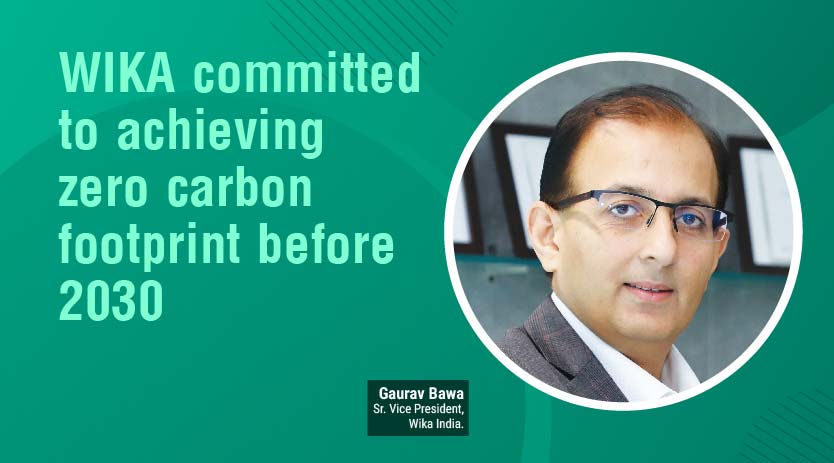“3D printing to transform the way companies do business”
By OEM Update Editorial July 2, 2020 4:06 pm IST
There are immense opportunities for 3D printing to be successfully harnessed in multiple use cases in key industries.
William Lee, Channel Sales Director, Ultimaker Asia Pacific
Ultimaker is a 3D printer-manufacturing company based in the Netherlands. In an interview with OEM Update, William Lee, Channel Sales Director, Ultimaker Asia Pacific talks about the advancements in the field of 3D printing. Excerpts:
Robotics, IT and 3D printing are being widely implemented in different industries such as manufacturing and automobile. How do these technologies enhance precision in designing and manufacturing?
3D printing technology is now an essential part of progressive business solutions and processes in many factories. There are many advantages to 3D printing but precision to manufacturing is one of the main reasons why high-tech industries are harnessing this technology to perfect their craft.
3D printing is an additive process that leaves no excess materials. This process of manufacturing significantly reduces material wastage and processing time. 3D printing allows printing of geometrically complex shapes as long as the proper support material is given. This contrasts with traditional methods such as moulds and cutting technologies which will cost moreto print the same object.
In addition, 3D printing allows step-by-step assembly of the part to ensure enhanced designs and better printouts. A printed prototype allows close examinations on whether modifications are needed before embarking on mass-printing. This helps companies save costs before committing to bulk print orders.
What are the potential threats and challenges in automated/robotic vehicles? How can they be safely mitigated?
While there have been some concerns regarding the potential risks arising from automated processes such as mechanical failures and unauthorized access, the benefits far outweigh the cons. Many companies are already harnessing these latest technologies not just for productivity gains, but also as part of safety protocols. Where there is lesser human intervention, there will be fewer human errors during these manufacturing processes.
What is your view on 3D printing becoming a threat to automobile design engineers and limiting human intervention?
In addition to having an eye for aesthetics, automotive designers must have the ability to incorporate aerodynamics and ergonomics. Multiple parts that make up the exterior of a car, determine how aerodynamic a car is. These include the shape, the curves and the frame. Thanks to 3D printing, automotive design has become easier and more precise.
Automotive designers now have the option of printing out the prototype, examining, testing and modifying it before 3D printing parts in bulk. Also critical to the job is the rendering of hand-sketched drawings, translating these concepts into digital graphics with CAD software. While the role has evolved along with the help of technology, it does not mean the role of Automotive Designers has been made redundant. It just means that the job is a lot less labour-intensive now, and they can be more efficient.
Volkswagen, is one such automotive manufacturer, that is 3D printing multiple tools and fixtures with Ultimaker 3D printers. In 2017, the company saved €325,000 savings per year, a 91% cost reduction, with a 35% improvement in the final product quality. The result is a flexible automotive industry that moves on a faster schedule. From prototypes to final products, automotive 3D printing has revolutionized the way vehicles are designed.
What are the latest innovations in the automotive industry with the advent of robotics, IT and 3D printing?
There is certainly greater use of 3D printing in the automotive industry as compared to 10 years ago. With that said, the use of 3D printingis not so much about reinventing the wheel to create new products, but experimenting with various materials to enhance the performance and lifespan of cars. For instance, a car that is meant to be driven in hot and humid countries in Southeast Asia, would mean materials like certain types of polymers may degrade under high temperature. In recent years, there have been greater demand and interest in composites such as using carbon fiber and glass fiber reinforcements to strengthen 3D printed plastic parts. We anticipate that composite solutions will be the next big thing within the automotive industry.
Cookie Consent
We use cookies to personalize your experience. By continuing to visit this website you agree to our Terms & Conditions, Privacy Policy and Cookie Policy.


















